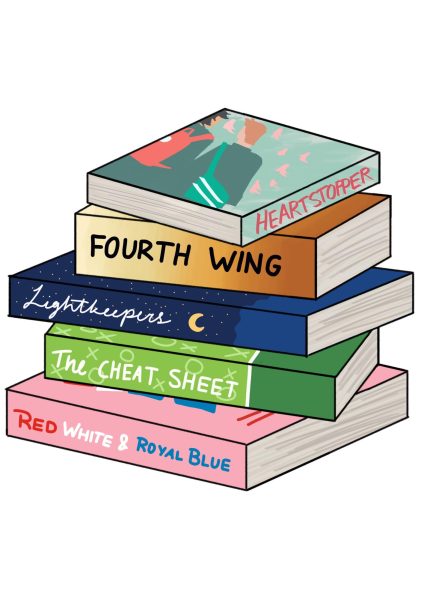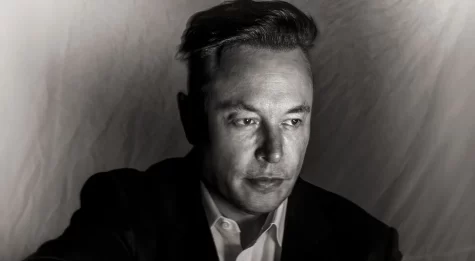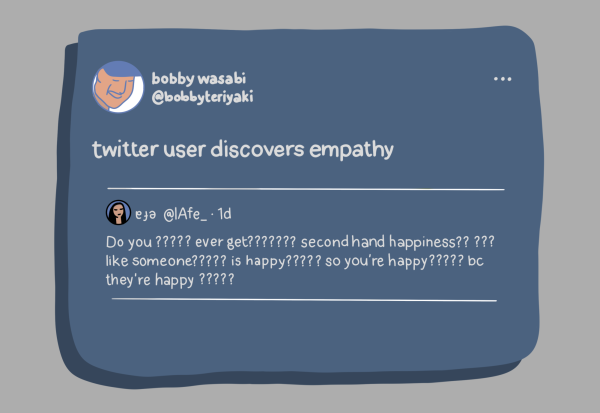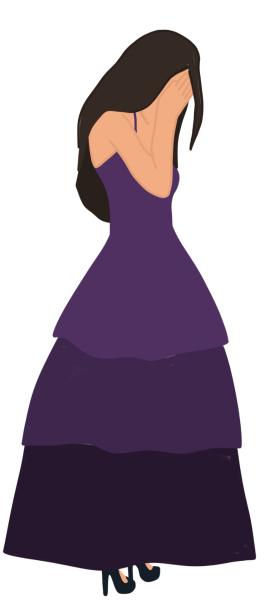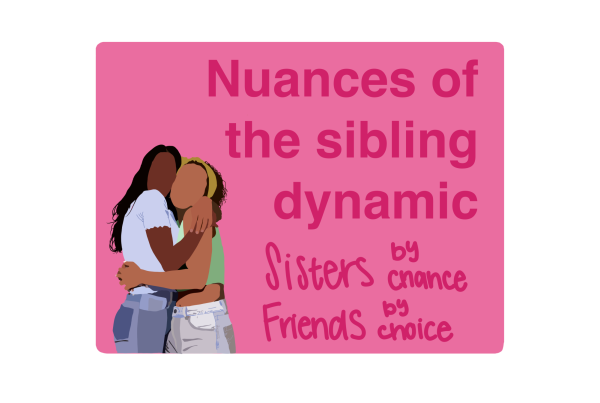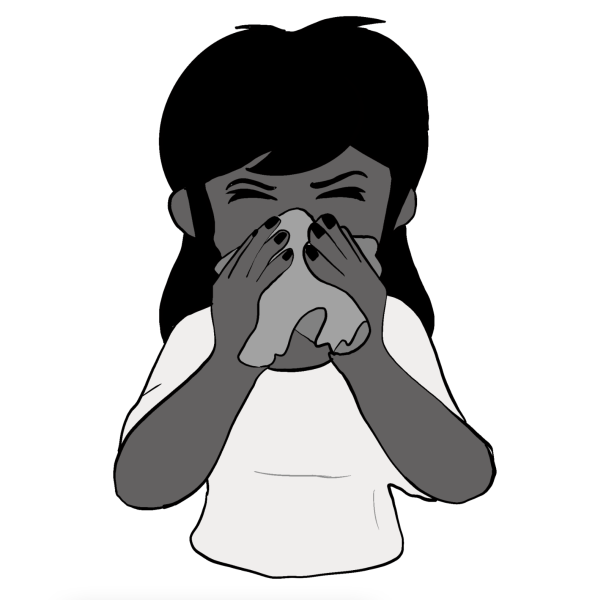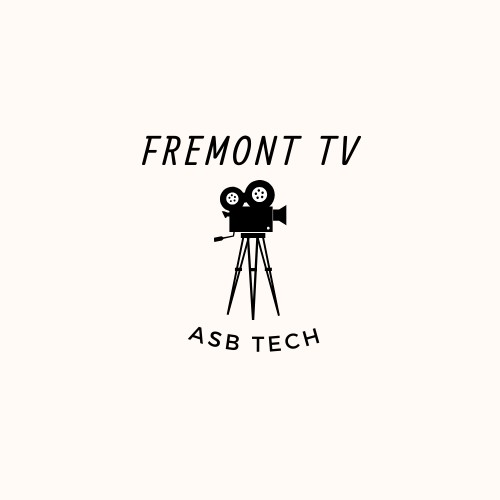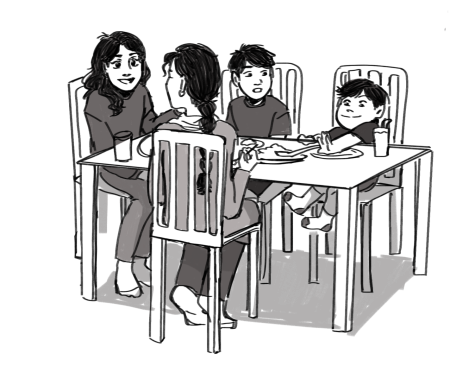Is Liberal Arts education a valuable standard?

Graphic courtesy of Redefining Excellence
Ever since the era of Alexander the Great, the standard for higher education has aimed to make every student a well-rounded, socially adept member of society. No matter what track you are on: STEM or humanities, there are core classes required that might not relate to your focus. This model was created by the ancient Greeks, and, in its modern form, is known as a Liberal Arts education. This is practice of learning skills and ideas designed to enrich and equip one for critical reading, broad thinking and meaningful contribution and participation in society.
The most common application of the Liberal Arts education model in the Western world are General Education classes in universities. Studying software development and want to get better at programming? Take Contemporary Language & Composition while you are at it. Majoring in Political Science? Welcome to Introduction to Biology, my friend. The bottom line is that certain courses serve more as supplemental knowledge than career preparation.
But times have changed, and an education system that once was completely restricted to young men from wealthy families has opened its doors for anyone who wishes to get a formal education. With this new opportunity comes the fundamentally perpetual issue money.
It is no secret that Western higher education is expensive, and has become increasingly so over the last century. Statistics show that an average in-state student attending a public 4-year university pays over $25,000 per year, additional expenses included. These high costs have revealed themselves in the frustrations of many college and university students over required classes that feel unnecessary to them.
Apurv Gupta, a senior at FHS, believes that his financial situation plays a role in why he would rather avoid taking Gen. Ed. classes largely unrelated to his major.
“Even if you do [take] Gen Ed, it should be in things that you’re interested in, and not things that you’re forced to take that you’re not at all interested in,” Gupta said.
However, others believe a Liberal Arts education is a valuable opportunity. Marine Hunanyan, another senior at FHS, believes that a Liberal Arts model is beneficial for one’s future and current life.
“I definitely think it not only expands your education, but your social life […]It’s something that’s super crucial,” Hunanyan said.
In terms of job employment, four out of five employers agree that students should learn and gain experience in the sciences and liberal arts. When presented properly, it shows evidence of a hardworking, well-rounded person, an ideal candidate for almost any job position. Overall, the ability to learn and excel in a variety of subjects is important in and of itself.
“I think any opportunity that you can get to learn something new is 100% something you should snatch up,” Hunanyan said.
For those who wish to take control of their own higher education, some colleges and universities offer more freedom than others.
“I think colleges that [have an] open curriculum, where you get to choose the classes you want would be a lot more relevant,” Gupta said.
The debate on whether or not a liberal arts education deserves to be the standard does not end within this article, but for now, students should explore higher education options that are best for them.


